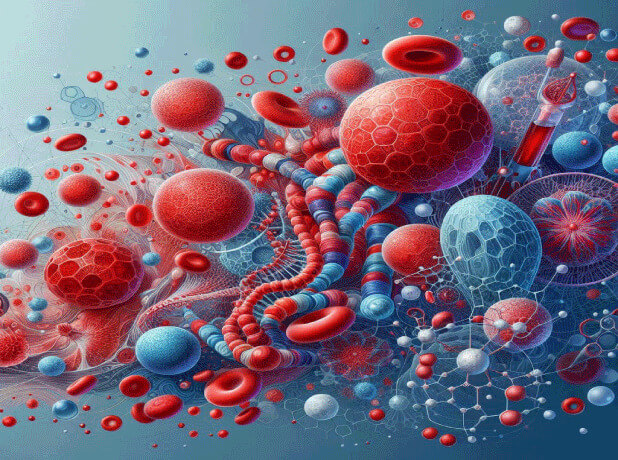
Abstract
Minimal invasive Extracorporeal Circulation (MiECC) and Hybrid System (HS) have been introduced to potentially reduce the inflammatory response compared to conventional Cardiopulmonary Bypass (cCPB). The HS combines elements of conventional and minimized circuits, including a collapsible reservoir, integrated arterial filter, and hypobaric oxygenator, allowing rapid conversion and air embolism control. This study aims to provide a comparative analysis of biomarkers of systemic inflammatory response induced by MiECC, HS, and cCPB systems in isolated coronary artery bypass grafting (CABG) patients.
This prospective observational study included a total of 66 patients who underwent isolated on-pump CABG performed under aortic cross-clamp. Systemic inflammatory markers (interleukin [IL]-1β, IL-6, IL-8, tumour necrosis factor [TNF]-α, lactate enzyme [LE], and hypoxia inducible factor [HIF]-1α) and oxidative status were measured at 5 intervals: preoperative (pre-pump), intraoperative (on-pump), and at 6, 12, and 24 h postoperatively (post-pump).
A total of 66 patients were enrolled: MiECC (n = 20), HS (n = 22), and cCPB (n = 24). Notably, 2 patients initially assigned to MiECC required intraoperative conversion to cCPB due to haemodynamic instability. Both MiECC and HS groups consistently showed lower levels of systemic inflammatory biomarkers and oxidative stress indicators at all intraoperative and postoperative time points compared to cCPB. For instance, IL-6 levels at 6 h post-op were 292 pg/mL in MiECC, 311 pg/mL in HS, and 514 pg/mL in cCPB; oxidative stress index values at the same time point were 70 in MiECC, 66 in HS, and 142 in cCPB. Haemoglobin decline was least pronounced in the MiECC group, and red blood cell transfusion was required in 50% of cCPB patients, compared to 10% in MiECC and 13.6% in HS. HIF-1α levels were higher in HS than MiECC at 12 h post-op (3.8 vs 2.6 ng/mL). No substantial differences were observed between groups in troponin, creatinine, or lactate values.
MiECC and HS show a similar profile in alleviating systemic inflammation, with notable reductions in inflammatory biomarkers and key clinical oxidative outcomes compared with cCPB. These results underscore the potential of MiECC and HS to improve clinical recovery by minimizing the inflammatory effect in on-pump CABG procedures.
